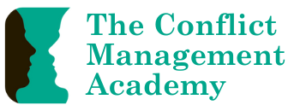How coaching can support mediation preparation and participation
When people choose to explore mediation as a process for managing their conflict, the mediator (or perhaps an intake officer in some contexts) will usually speak with each party separately prior to the joint mediation. These conversations may be called intake sessions or pre-mediation meetings.
There are three main reasons for these pre-mediation conversations:
- To assess whether the parties and the conflict are suitable for mediation (including a risk assessment and ensuring informed consent);
- To prepare the mediator for the mediation (including gathering information about the conflict and the parties, and making decisions about things like process variations that may be necessary);
- To prepare the participants for the mediation (including providing them with information about the process, and referring them to other sources of information, support and advice prior to the mediation).
There is very little written about how, exactly, a mediation could prepare the participants for mediation, apart from overviews of what information should be provided to them (for example, how the process works and what the ‘ground rules’ will be). However, there are a few resources that indicate that a mediator may be able to help the parties to prepare by:
- Encouraging interest-based bargaining;
- Assisting disputants to take a broader view of resolution options;
- Advising people to think about what they could let go of and what’s most important;
- Encouraging them to think about the other person’s perspectives and interests;
- Suggesting that parties think about what questions they might want to ask and things they might want to say during the mediation.
While all mediators engage in these kinds of activities to varying degrees, generally speaking there is limited time to do these things well in a standard pre-mediation session. In addition, sometimes the mediator is not the ideal person to support a party to do this kind of preparation most effectively.
Frequently, parties do not take on board the preparation advice that is given to them by the mediator. Alternatively, they prepare but based on a very narrow view of the conflict. This is often because preparing effectively requires a significant shift of mindset by the participant that the mediator does not have the time (or sometimes the training) to support them to make in a pre-mediation session. It is also sometimes harder for a mediator to support clients to make these shifts while maintaining the impartial third party role.

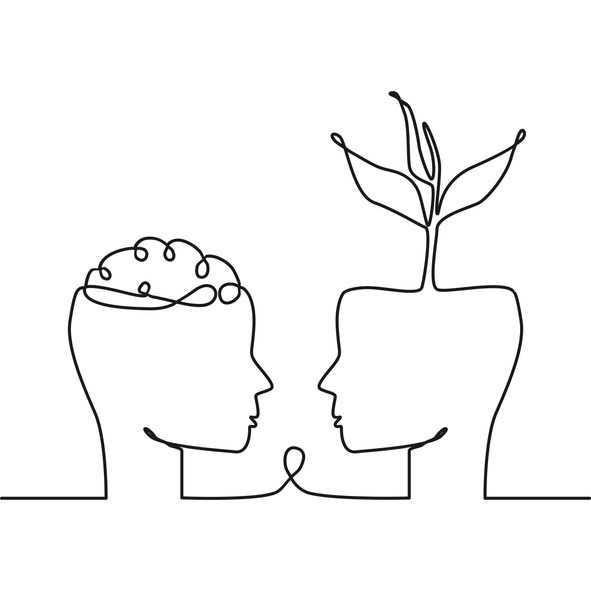
Coleman and Carmichael (2018) argue that the success of mediation depends on two key variables: (1) pre-mediation preparation… substantively, emotionally and attitudinally; and (2) the willingness of the parties to work together cooperatively rather than in an adversarial manner.
In many ways, the pre-mediation preparation process focuses on the substantive, and typically does not deliberately or sufficiently develop participants’ emotional and attitudinal readiness for mediation. This is where pre-mediation conflict coaching can help.
What is pre-mediation coaching?
Assuming that the parties are willing, and have the required time and resources, pre-mediation coaching can help them prepare much more thoroughly for a mediation session. Parties who have been through one or more pre-mediation coaching sessions tend to “hit the ground running” in the mediation, and tend to achieve better and more lasting results than parties who have not had the opportunity to engage in pre-mediation coaching.
Conflict coaching sessions typically last for 60-90 minutes. There are various conflict coaching models used by different coaches. My approach is the REAL Conflict Coaching System™, which supports parties develop clarity, comprehension, choices, confidence and competence to manage their conflict into the future. It uses a storytelling framework to help people reflect and learn from their conflict experience, so that they can engage more effectively in the future. (You can read more about this in my book Conflict Coaching Fundamentals: Working with Conflict Stories).
Usually, one or two sessions of pre-mediation conflict coaching can have a significant impact on a person’s mindset, willingness, and capacity to engage in the mediation in a constructive way. More sessions may be useful in a complex or entrenched conflict.
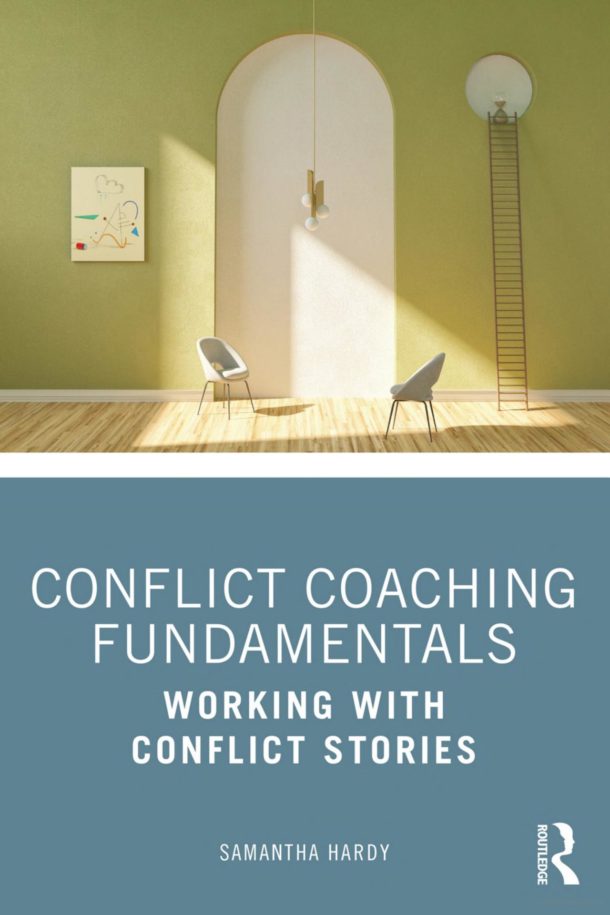
Who conducts the conflict coaching?

Although a mediator could, perhaps, find some additional time to provide parties with pre-mediation coaching prior to conducting the mediation, pre-mediation coaching is best conducted by someone other than the mediator. Each party should, ideally, have their own conflict coach (rather than both parties sharing the same coach). This allows each party to have full confidence that their coach is there to support them individually, to engage in a way that is best for them. One of the main benefits of pre-mediation coaching (as opposed to trying to prepare parties in a pre-mediation session conducted by the mediator) is that the coach is focused only on the one party they are working with. They can commit wholeheartedly to supporting this one party to engage in a way that best meets their individual needs.
It also helps the party to feel safe being vulnerable with their coach, as there is no risk that the coach will ever share information or be influenced by any obligations to the other party. While a mediator, working one-on-one with a party, may be able to temporarily set aside what they know about the other party and their needs and concerns, the party that they are currently working with will often perceive that the mediator is influenced by what they know from discussions with the other party (for example, when the mediator asks a reality testing question, wondering what they mediator might have heard from the other party that led to them asking that question). When a party is sure that the coach is only working for them, they are more likely to be trusting, vulnerable and open to challenges.
If you work in an organisation with more than three mediators, or you have colleagues who you can collaborate with, it can be helpful to offer “gold standard” coaching + mediation services, in which practitioners A and B provide coaching to each of the parties, and practitioner C conducts the mediation.
Benefits of pre-mediation coaching
A conflict coach works with the person to help them to develop a constructive conflict mindset, which then allows them to prepare for the mediation at a much higher level. The conflict coach supports the person become more open to new ways of thinking and acting, encourages curiosity and perspective taking, and assists the person to work with their emotions associated with the conflict.
A conflict coach can support a client to explore their emotional experiences around the particular conflict, and to examine how those emotions may work with or against constructive engagement with the conflict. More specifically, the coach can support the person to prepare for emotional regulation and appropriate emotional expression during the mediation.
The coach may also provide opportunities for a client to practice conversations that they wish to have in a forthcoming mediation, and to reflect on different ways those “test-runs” may impact on the mediation process and outcomes.
Another useful “side-effect” of pre-mediation conflict coaching is that sometimes, in coaching, the client realises that certain aspects of the conflict are solely based in the client’s perception or are not things that are useful to discuss with the other person. In this way, working these things through in a coaching process ensures that valuable joint mediation time is only used for the important joint conversations and decisions.
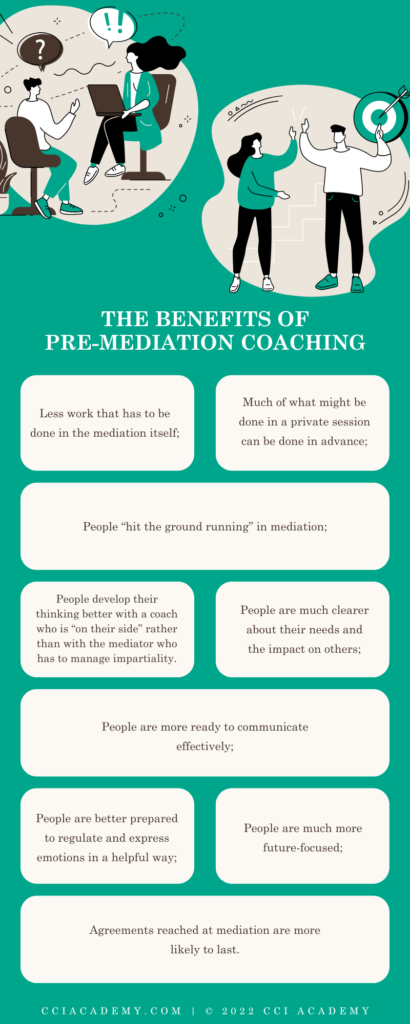
What’s your experience?
Have you ever conducted a mediation in which the parties had participated in pre-mediation conflict coaching? I’d love to hear from you about your experience!
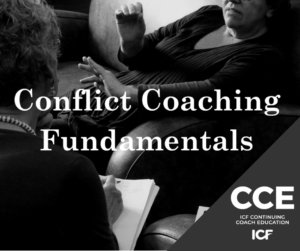
If you’d like to know more about the REAL Conflict Coaching System™, click here: https://www.conflictmanagementacademy.com/conflict-coaching-fundamentals-online/
REFERENCES
Harold Coleman and Neil Carmichael (2018) As a person thinketh: preparing for mediation substantively, emotionally and attitudinally. Dispute Resolution Journal 73(2): 1-6.
Samantha Hardy (2022) Conflict Coaching Fundamentals: Working with Conflict Stories.
